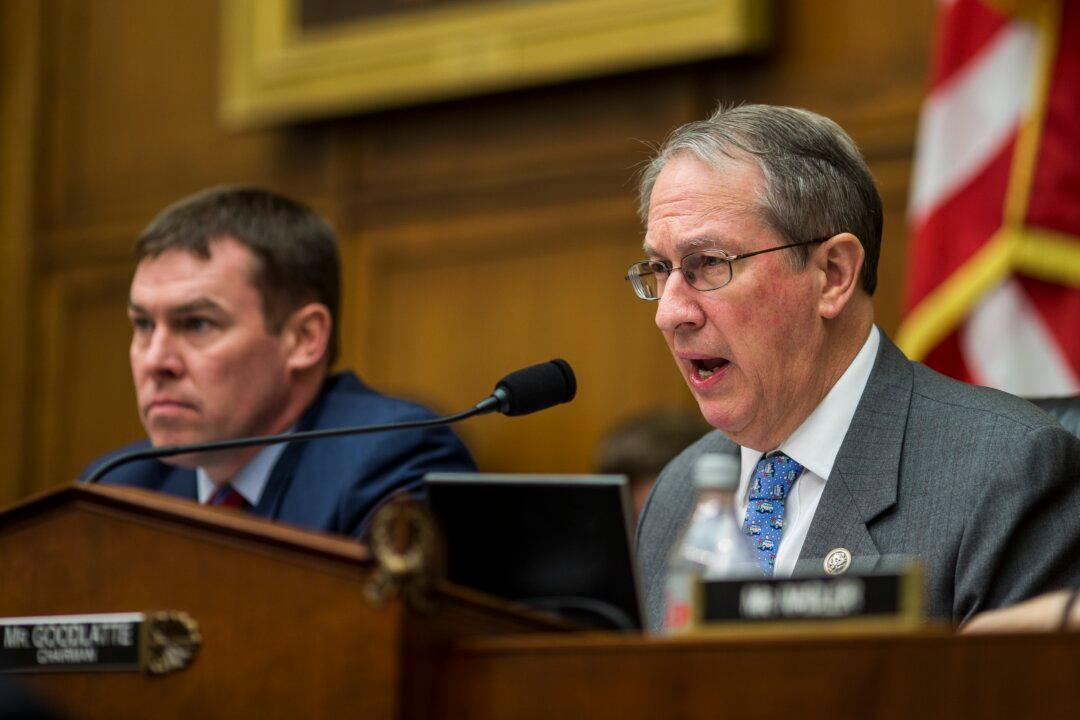Former top-level FBI lawyer Lisa Page was a no-show for her July 11 closed-door testimony to Congress overseers.
Her lawyer, Amy Jeffress, said the lawmakers issued the subpoena too late, putting Page at a disadvantage. But there was another, serious disadvantage she would have faced if she had shown up—one of legal jeopardy.





